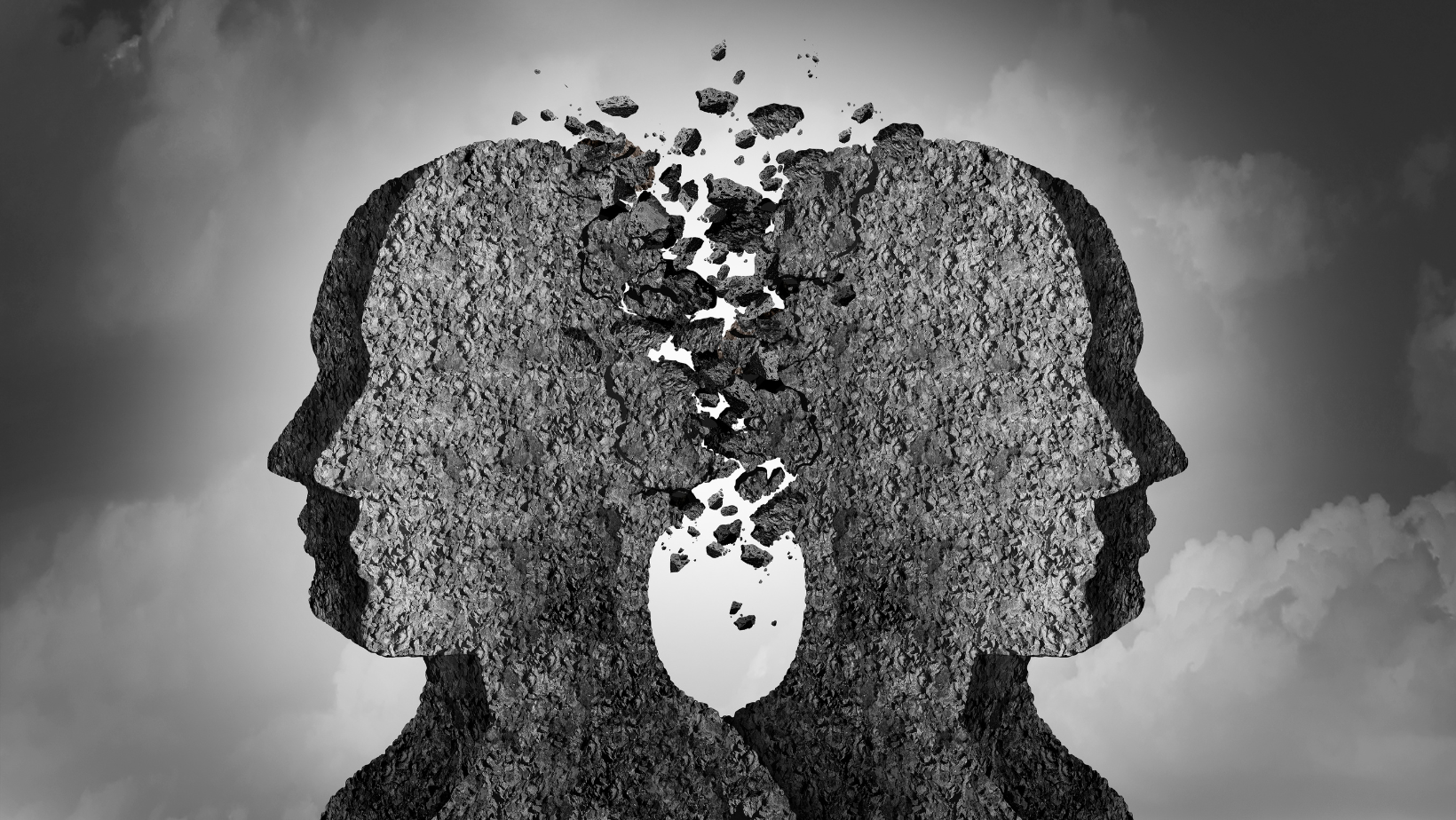
I hope this email finds you well.
Today I want to discuss a topic I had posted a reel about on social media recently that got quite a bit of attention (over 149k views!!)
Do you have someone in your life that just triggers you?
And they’re in your life, they're maybe a relative, a friend, or a friend of a friend and so, you’re around them.
Despite the desire to avoid confrontation, the proximity to the triggering individual may become unavoidable, especially during family gatherings or events.
When caught in the midst of such conflicts, being around someone who triggers you can exacerbate the tension and strain relationships further.
A seemingly innocent remark or action from this person can ignite deep-rooted resentments and reopen old wounds. The constant state of alertness around them becomes mentally draining, and even the smallest interactions can escalate into heated confrontations.
Coping with such situations requires a delicate balance of self-control and empathy, as reacting impulsively can perpetuate the feud.
Setting boundaries and practicing self-care become essential to preserving one's emotional well-being in the midst of familial discord. Communication, though difficult, can be a vital step toward finding common ground and potentially healing the wounds that keep the feuds alive.
Ultimately, it is essential to acknowledge that everyone involved carries their burdens, and it takes collective effort to mend relationships and foster a harmonious family dynamic.
If this resonates with you, here are 5 steps today to help you;
STEP 1. SELF-AWARENESS AND ACCEPTANCE
The first step is to recognise and acknowledge your emotional triggers. Understand what specific behaviors, words, or actions from the person evoke negative emotions in you. Take time to reflect on why these triggers affect you so deeply.
Recognise that you are having an emotional reaction as soon as it begins to appear in your body.
You may feel a change in your rate of breathing, blood flow, tension in your muscles and constriction in your gut representing a pattern you can identify as a feeling.
Cultivating self-awareness allows you to gain better control over your reactions and emotions in their presence. Additionally, it's essential to accept that you cannot control other people's behavior, but you can control how you respond to it.
STEP 2. TAKE RESPONSIBILITY FOR YOUR OWN ACTIONS
Accept yourself as powerful instead of as victim to remove the veil of self-deception. When you seek to identify what is triggering how you feel in the moment, you give yourself the chance to feel differently if you want to. You will also have more clarity on what you need to do or what you need to ask for to change your circumstances.
What would your life look like if you were in control of your reactions? How free would you feel if you lived your life by choice?
What do you think you lost, or what did you not get that you expected or desired to have?
Maybe you wanted more respect? acceptance? to be understood? to be liked?
So, instead of reacting impulsively in anger or frustration, take some time to acknowledge and process your own emotions.
STEP 3. SHIFT YOUR EMOTIONAL STATE IN THE MOMENT
You can practice this step at any time, even when you first notice a reaction to help you think through your triggers and responses. When you determine what you want to do next, shift into the emotion that will help you get the best results.
Detach - Leave the room if you need to for a moment, clear your mind.
Relax - Focus on your breathing and release the tension in your body.
Centre - drop your awareness to the centre of your body just below your navel.
Focus - choose one keyword that represents how you want to feel in this moment. Breathe in the word and allow yourself to feel the shift.
STEP 4. SET BOUNDARIES/MAKE A DECISION FOR MOVING FORWARD
Maybe it’s not possible for you to detach from this person? Maybe it’s time for you to get clear on your own personal boundaries. Establishing clear boundaries is a vital step in protecting yourself from the triggers. Communicate your needs and limits respectfully but firmly. Let the person know the kind of behaviour you find difficult to handle and express your desire for a more positive and constructive interaction. If possible, limit the time you spend with them or avoid situations where tensions are likely to escalate. Setting boundaries will help you maintain your emotional equilibrium and reduce unnecessary conflicts.
While it's crucial to set boundaries for your emotional well-being, it's equally important to be open to listening to the other person's perspective. Active listening involves giving them your full attention, without interrupting or immediately reacting emotionally. Try to understand their point of view, even if you disagree, and acknowledge their feelings and experiences.
Striking this balance can foster healthier interactions and, in some cases, help resolve conflicts between you and the person who triggers you.
I hope this helps today ?
